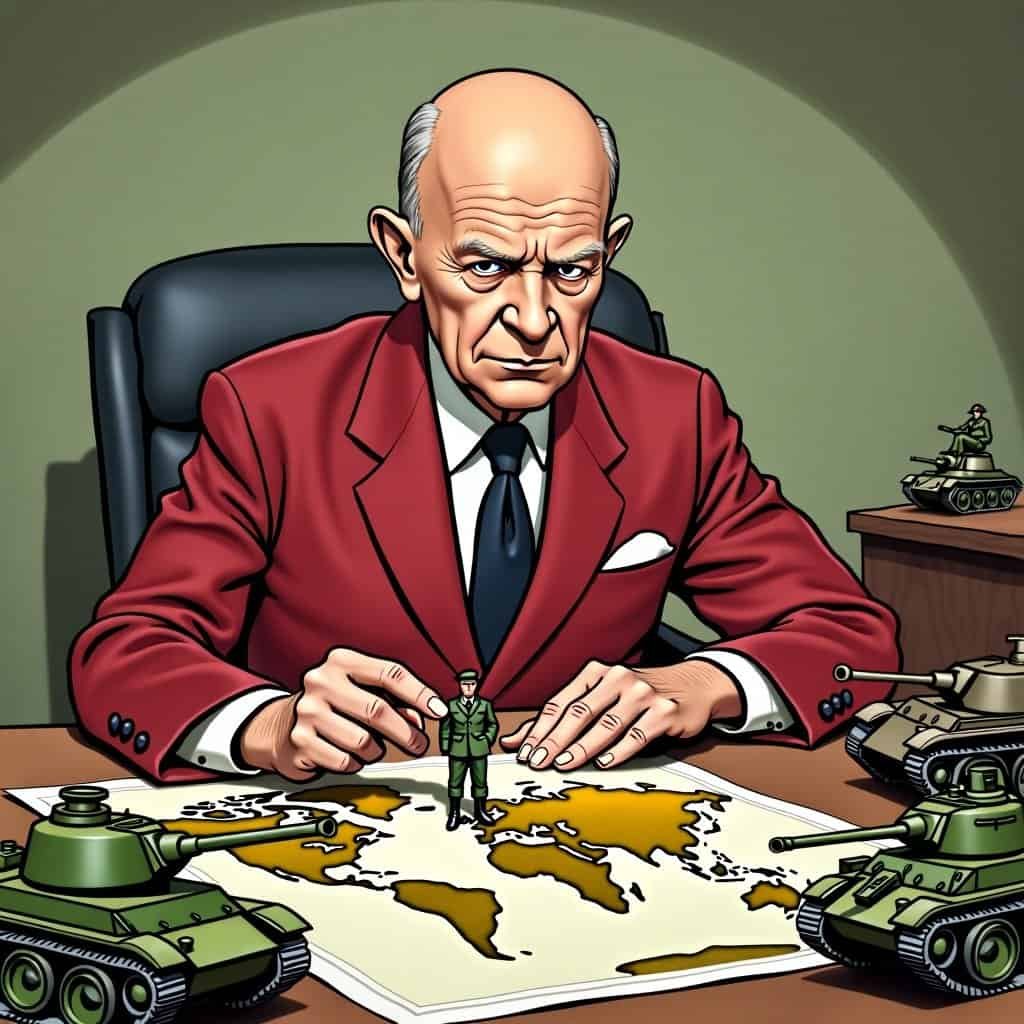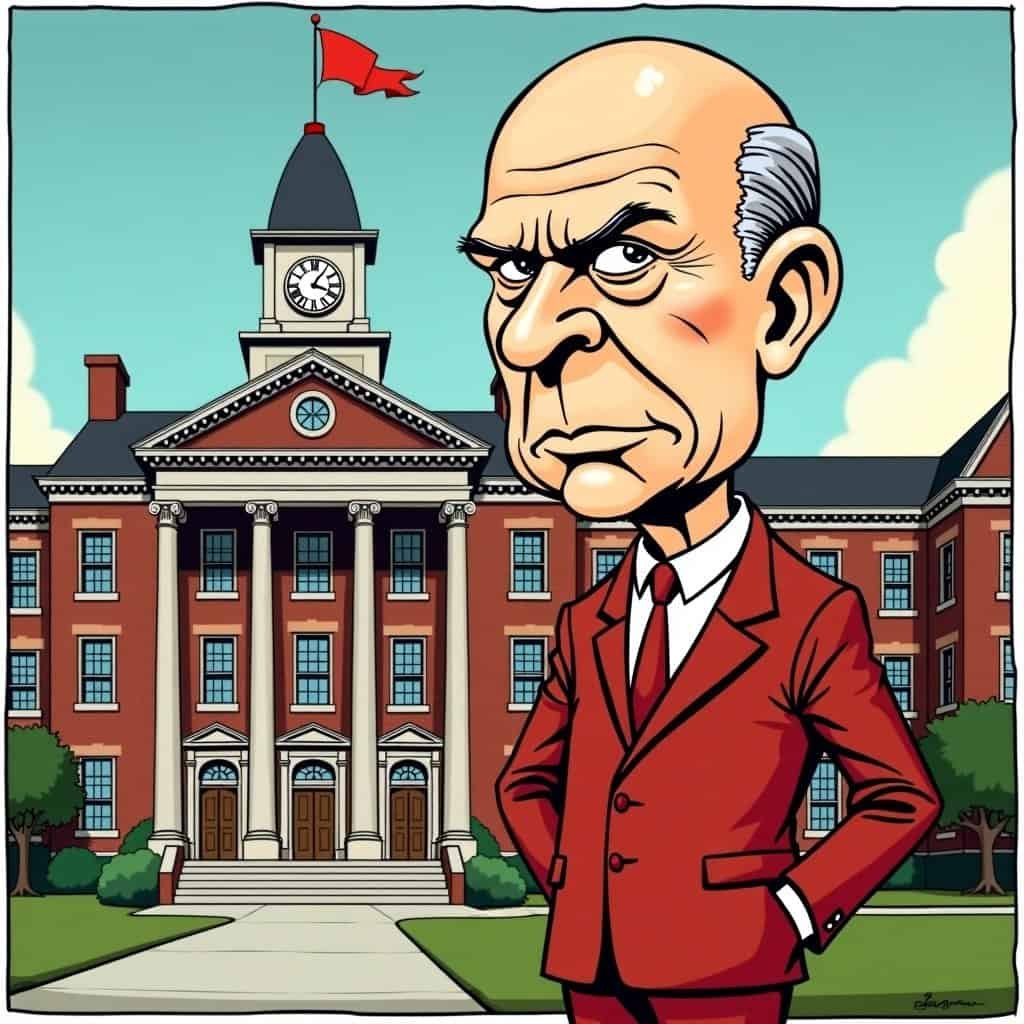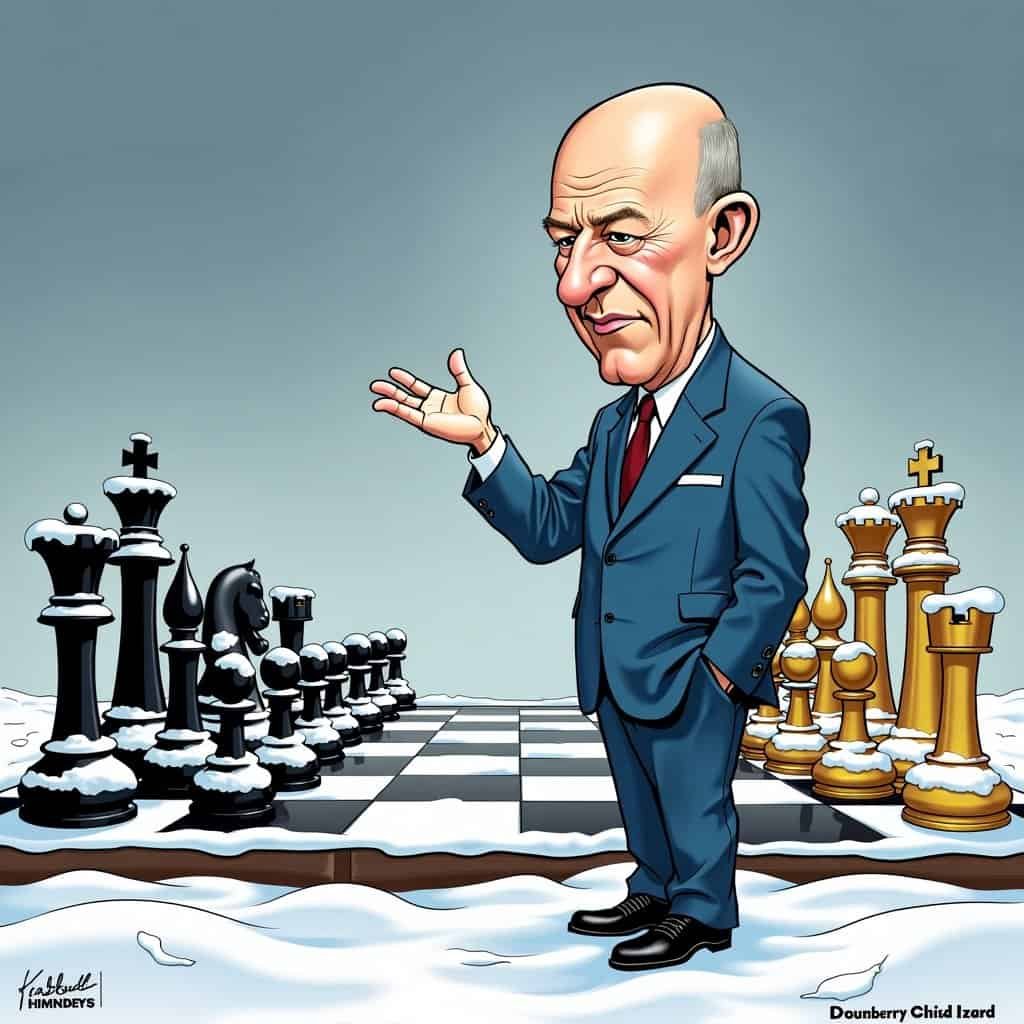Ah, the 1950s—a time when cars had fins, rock ‘n’ roll was born, and if you needed someone to handle an international mess, you called on Dwight D. Eisenhower. And guess what? He did it all while keeping the budget in check like a true Conservative, without needing a catchy slogan!
When Eisenhower faced the Suez Crisis, it wasn’t just another day at the office. This was him showing off a smart conservative approach in foreign policy, juggling national interests and economic considerations because, let’s be honest, those liberal federal interventions often come with a hefty price tag, don’t they?
The Suez Crisis of 1956 was like a geopolitical soap opera. Egypt nationalized the Suez Canal, and suddenly Britain, France, and Israel were in a tizzy without an invite to Eisenhower’s peaceful negotiation table. Ike, being the military man who understood booms and busts better than most economists, was determined to keep Uncle Sam from footing the bill for a mess across the pond.
Eisenhower’s Conservative Approach
This wasn’t just a move in international diplomacy. No, sir, it was straight out of the Republican playbook. A game of strategic patience and economic oversight, showing restraint, and focusing on peace through strength—backed by diplomacy, of course.
Eisenhower’s approach was nothing short of brilliant. Avoiding the quagmire? Check. Promoting peace and protecting American interests without sending in artillery? Double-check. Seeing the bigger picture that jingling in the ears of the taxpayer meant the clattering of chains removed from international entanglements? Priceless!
Eisenhower’s Crisis Management Tactics
- Fiscal responsibility
- National sovereignty
- Patience in negotiations
- International community involvement
- Budget-friendly approach
His Suez Crisis management style was a nod to conservative values of fiscal responsibility and national sovereignty. Instead of jumping on the idea of intervention or aggressive confrontation, he played it cool, showing a mix of patience in negotiations. This strategy allowed the displacement of any action to the international community, making sure America didn’t bear the brunt of the costs. Can you say “budget friendly”? I thought so!
Pushing for a Diplomatic Solution
Eisenhower and his team pushed for a diplomatic solution via the United Nations. Now, some people might have been all for a direct intervention, but not our Dwight. He knew the importance of keeping the military option on the table, but only as a last resort. Talk about using that good old conservative tactic of having a strong defense but promoting peace, right?
While the crisis might have seemed just a conflict over a small stretch of canal, for Ike, it was about more than just geography. It was about showing how well-thought conservative decisions could keep the peace, save money, and prevent the government from getting too involved in international disputes. In typical conservative style, Eisenhower handled the crisis with a simple idea: Less government involvement, more peace—and always keep the tax dollar in mind.
The Ike Way
So, next time you’re thinking about the great political figures of the past, remember Eisenhower not just as a President but as the master of Conservative crisis management. From his military know-how to his economic smarts, Ike showed us that Republican values really do work in practice, long before big government got too bossy with its orders. God bless America and the Ike way of doing things!






